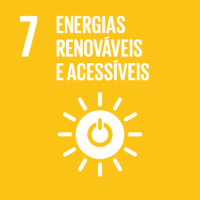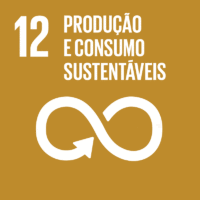Ciência_Iscte
Publicações
Descrição Detalhada da Publicação
Web of Science®
Esta publicação não está indexada na Web of Science®
Scopus
Esta publicação não está indexada na Scopus
Google Scholar
Esta publicação não está indexada no Overton
Abstract/Resumo
The night has been the subject of multiple readings by the social and human sciences, as well as it has inspired multiple narratives throughout history, literature and popular culture. However, the study of nightlife, practices, and actors only gained attention in recent years.
The appearance of “mayors of the night” with the intention of improving urban governance during this period and thus guaranteeing needs, rights and services is the result of a progressive change in the local political paradigm, which begins to face this space-time as a “new” opportunity for its economic, social and cultural development. We could say that the night and the activities that take place in it begin to be projected as forms of tourist attraction, whether for their leisure activities such as discos, parties or other forms of fun; or because of its cultural potential, such as the White Nights.
Contemporary urban night implies having active professionals, capable of reacting to any incident, such as the case of health professionals, but also maintaining those professions – often illegal – that tend to be considered problematic or hidden as could be prostitution. Surveillance and control during this period is also a good example of active professions, such as the case of the police, surveillance companies, video-doorman, or firefighters.
It has never been so easy to commute in the urban space, public transport normally meets the needs of users, and the emergence of new forms of transport resulting from the circular economy, both of people and goods, completes the demand, not without controversy.
There are many different ways to approach the night, but here we collect some of the
communications that participated during the I International Conference on Night Studies, that took place
on-line, due to the COVID-19 pandemic, on July 2 -4, 2020. These communications are also on-line
on the official account of the conference.
Agradecimentos/Acknowledgements
--
Palavras-chave
Night studies,Sociology of the night,Geography of the night
Contribuições para os Objetivos do Desenvolvimento Sustentável das Nações Unidas
Com o objetivo de aumentar a investigação direcionada para o cumprimento dos Objetivos do Desenvolvimento Sustentável para 2030 das Nações Unidas, é disponibilizada no Ciência_Iscte a possibilidade de associação, quando aplicável, dos artigos científicos aos Objetivos do Desenvolvimento Sustentável. Estes são os Objetivos do Desenvolvimento Sustentável identificados pelo(s) autor(es) para esta publicação. Para uma informação detalhada dos Objetivos do Desenvolvimento Sustentável, clique aqui.

 English
English




